
Ethiopia… The Cradle of Humanity.
The most heart connected place I’ve ever been in the world.
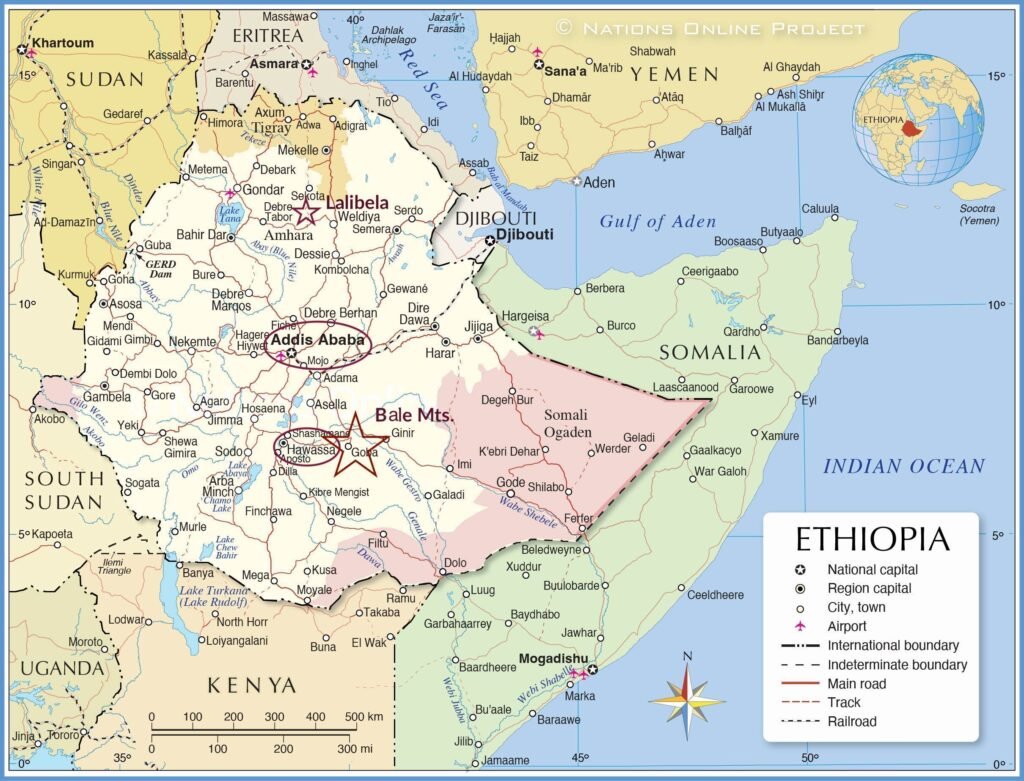
Incredibly poor, thanks to the continued modern raping of it’s resources by the Western World. Yay, humanity. This is one of those countries that suffers so that the rest of us can be comfortable, like many other places I’ve been such as Thailand, Laos, & Vietnam. This one was somehow a bit more heartbreaking…
So, why Ethiopia? It’s not the top of most people’s travel list, and it wasn’t even on mine.

Here’s how it happened… About 6 months before my 50th birthday I said to Benoit that I wanted to do something big to celebrate. We were both born on the 5th, and 5 has always been a special number for both of us. So 50 was important. Not only half a decade in this body, also the start of the decade of 5’s. This was worth celebrating!


I decided that I wanted to go somewhere – to explore a new part of the world. Quickly, I decided it needed to be somewhere neither of us had ever been… The Himalayas have been at the top of my vacation list for decades, but January didn’t seem like the best moment to go. Many other ideas came and went, and several months later Benoit was sitting in a coffee shop and saw Ethiopia on a poster on the wall. “What about Ethiopia?” he said, “We can visit coffee plantations.” And though I didn’t feel the coffee pull, I looked up Ethiopia and immediately a beautiful green photo appeared, a lush plateau atop the continental rift. “Oh, wow,” I thought, “That looks magical!”
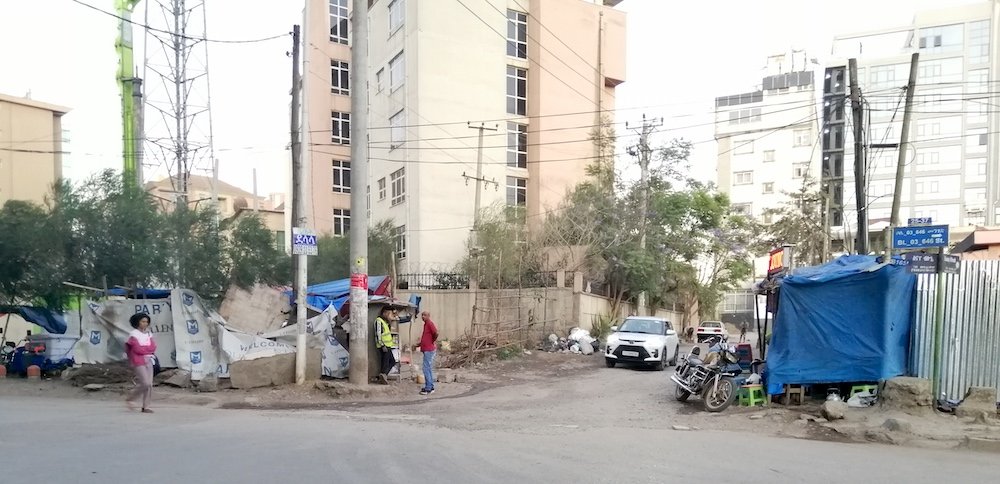
It looked very inviting, so I put it atop the ever changing list of possibilities. A few days later, I realized that I was feeling a call to go there. It was subtle, and yet, very much there, quietly inviting us to come. Intuition is a beautiful thing.
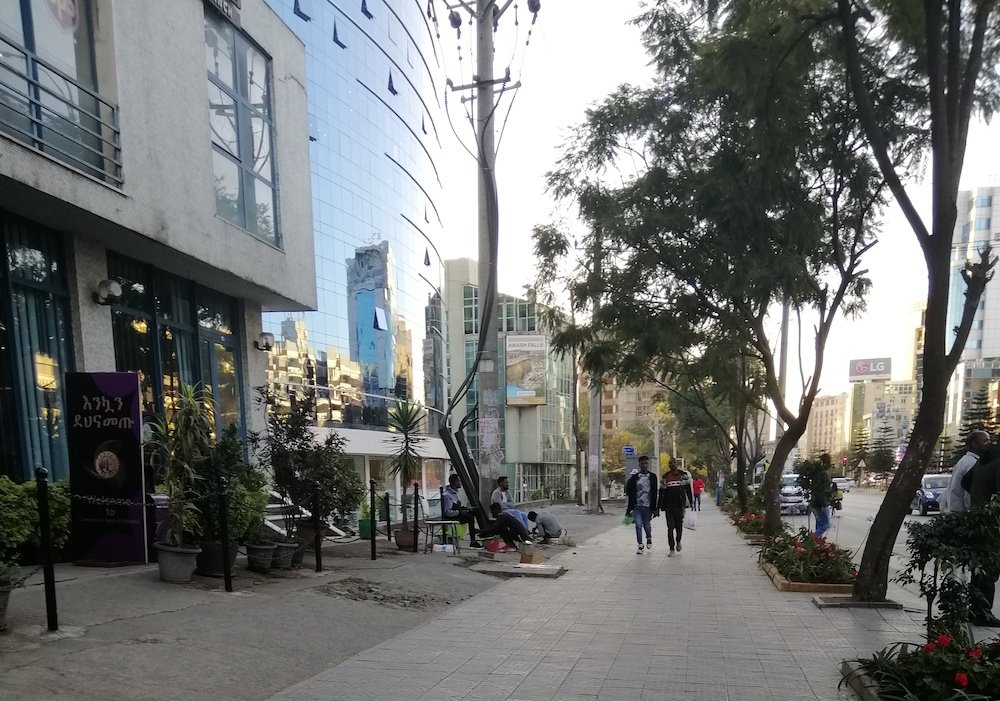
And so, it was decided. The call was going to be answered. We didn’t know why we were going, other than that we trust these things, and often – though not always – reasons become clear by the end. Certainly, several became clear, and we’re eternally grateful we went. It was also a beautiful way to celebrate surviving 50 years, and to launch the decade of 5’s.
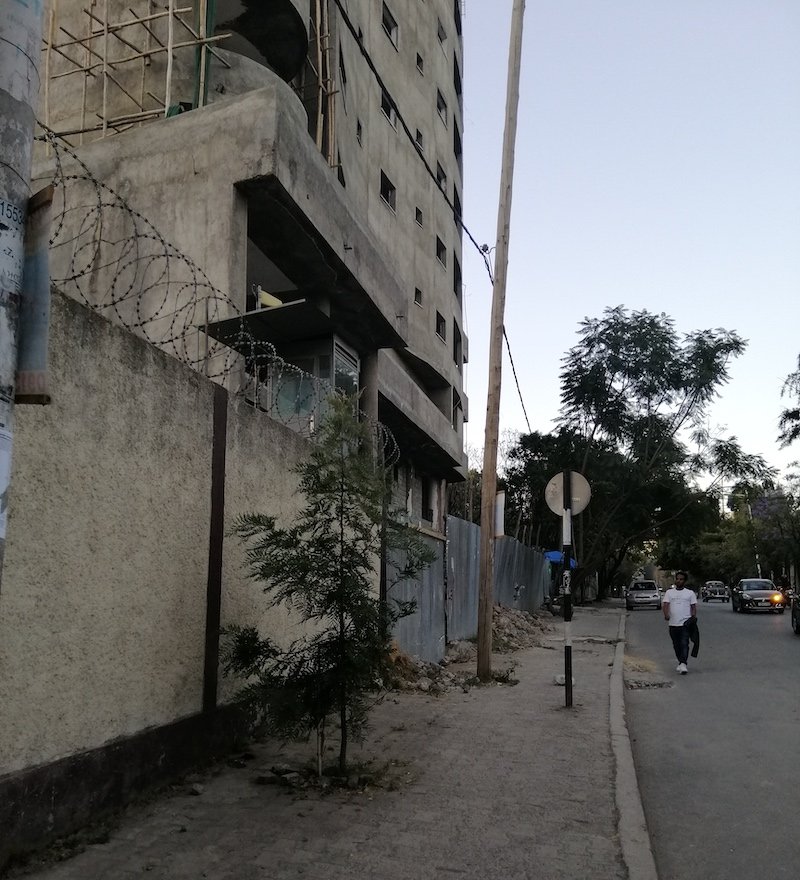
At first it was surprising and then entertaining, to witness the extreme reactions friends and family had to our destination. They divided into two distinct camps, you’re likely in one of them, either aghast, with some version of, “Oh, my god, it’s so poor! They have famines! Why would you ever want to go there!?” or wide-eyed and wondrous, “I’ve always wanted to go there! It sounds so amazing!” Extreme things often produce extreme reactions, I guess it just didn’t dawn on me that Ethiopia was one of them until we started telling people about going. This was also a good sign. We were in for a bold adventure.
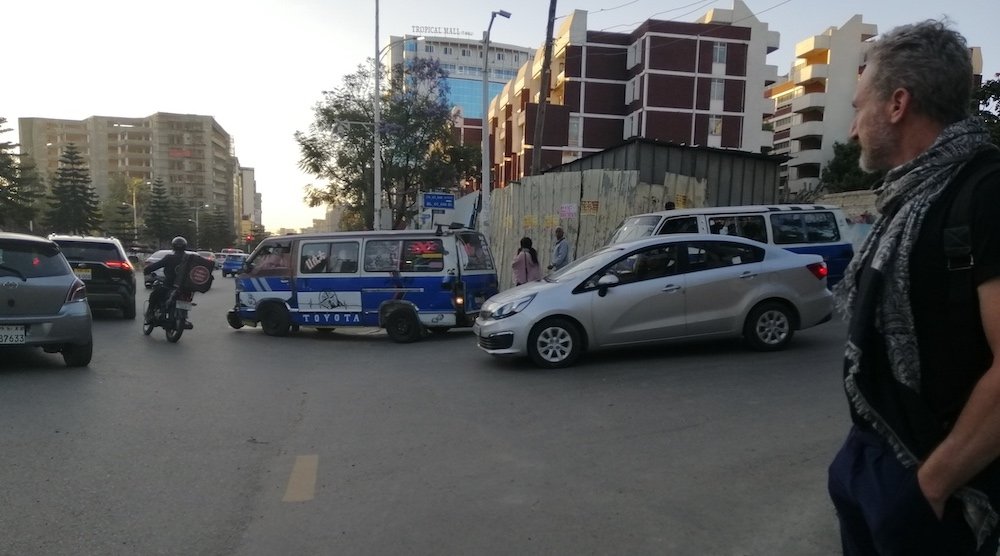
And of course, as soon as that was decided, things about Ethiopia started showing up in unlooked for places… I was taking an online course about horse care and the instructor randomly throws in one day that Ethiopia has more horses and donkeys than all the rest of Africa combined. Wow! Africa is HUGE. That’s a lot of equines! And that one of the original donkeys originates in Ethiopia, with stripes on it’s legs. That will be easy to identify, I thought. How fun that I’ll to get to see one! Also, that there’s a continental rift going through Ethiopia. I’d had a memorable experience hiking up the one in the States, so that could be amazing to see. And that they report to be the current resting place of the Ark of the Covenant. (Hello, Raiders of the Lost Ark!) And many other little things, which didn’t make a big enough impression to stick in my long term memory.

So, we booked flights, and as is our usual mode of travel, booked a hotel for the first few nights, looked in a travel guide (Thanks, Claire!) to see where we might want to go, and then looked forward to whatever we might get up to.

In general this kind of travel suits us because Benoit likes the freedom of having no agenda, and I like to feel into what calls once I’m in the energy of the place. Plus, locals are usually the best source of info on where to go, how to get there, and what to do once you’re there. This is why I’ve never joined a tour group. Nor plan out my vacations.
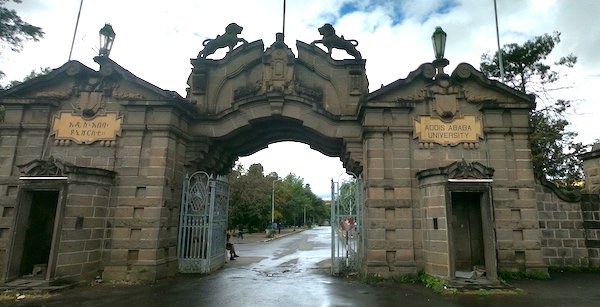
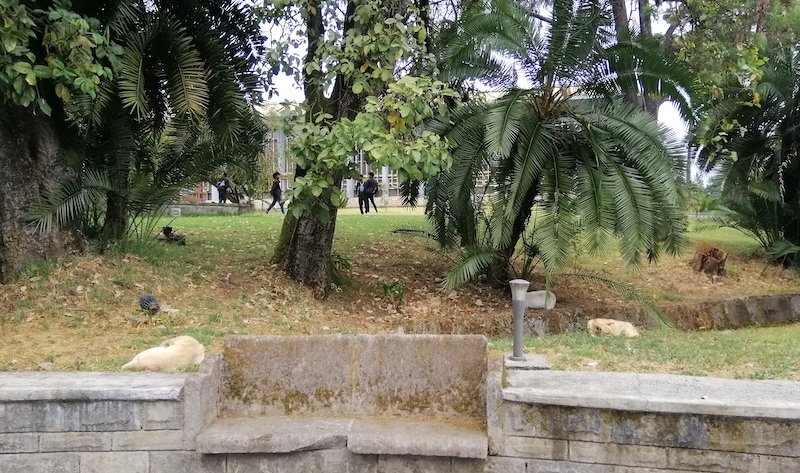

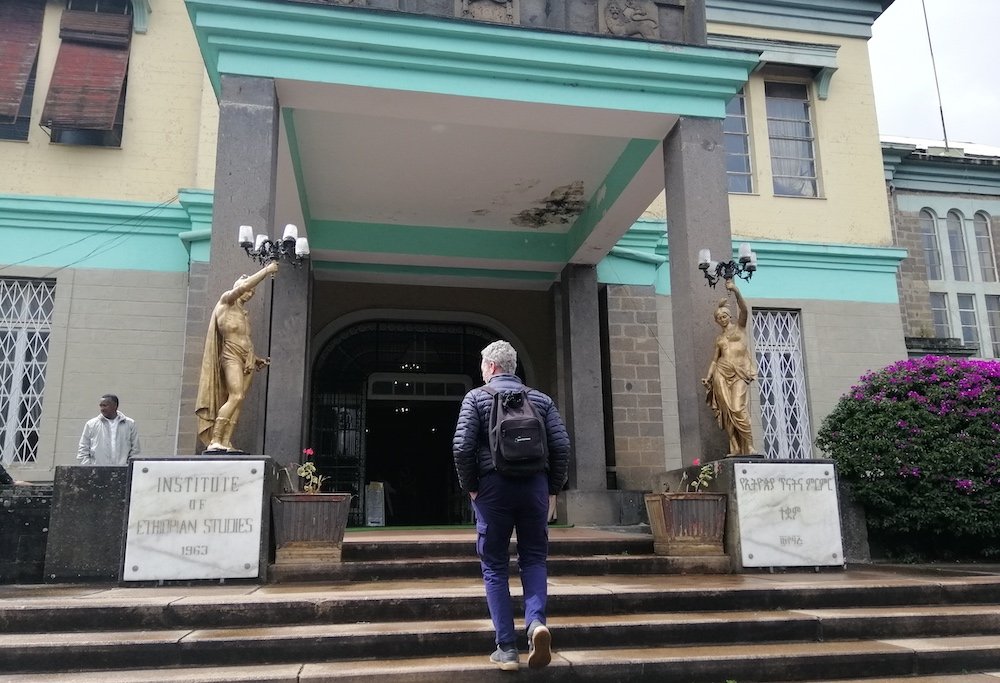
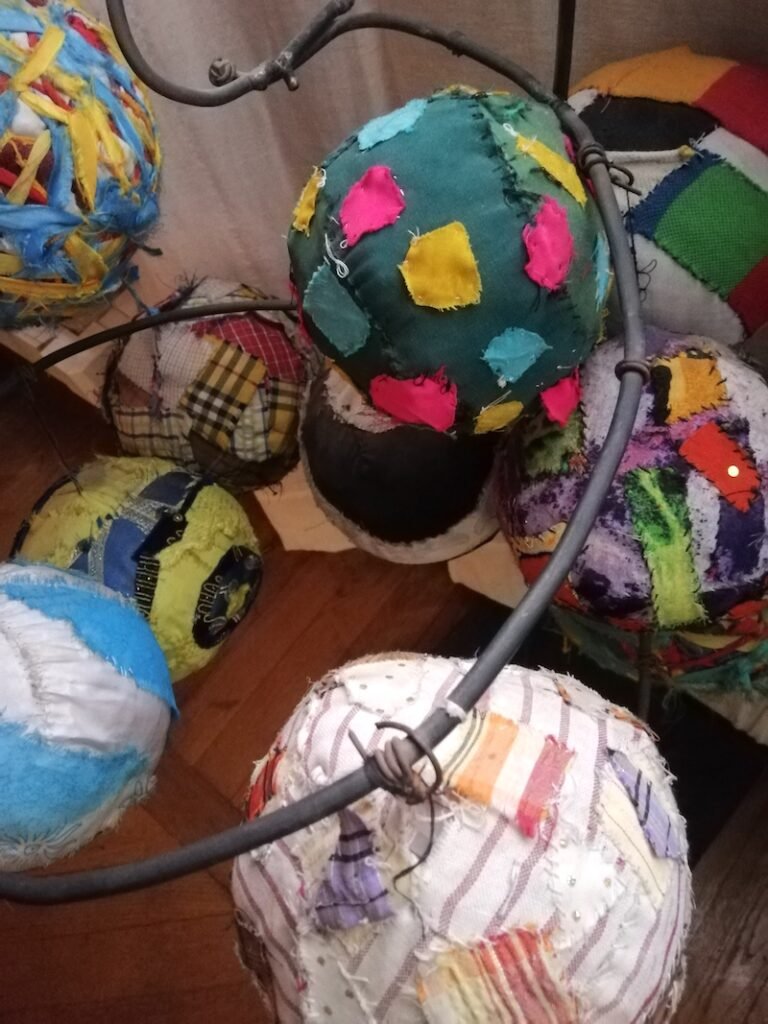
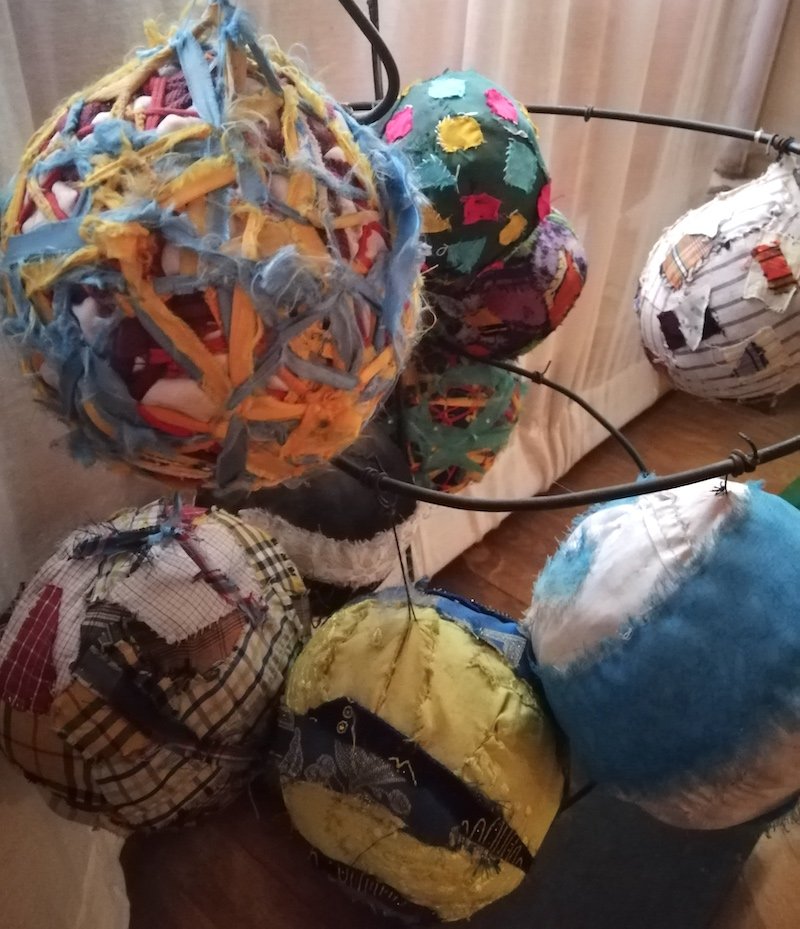
This turned out to be an excellent way to travel Ethiopia. First, they don’t have much of an online presence (computers, hosts and websites are expensive and electricity unreliable) so word of mouth was the best source of information, and second, because it’s so challenging to get around Ethiopia, our habit of talking to people meant we quickly discovered all of the best ways to get from one place to another (again, not knowable online). The usual options that people choose when traveling: tour groups or pre-planning destinations and transportation – which in this case would have meant hopping from expensive hotel to expensive hotel – would have insulated us from 90% of the people, and thus the culture, and we would have missed out on a great deal of what we experienced. Such a blessing.
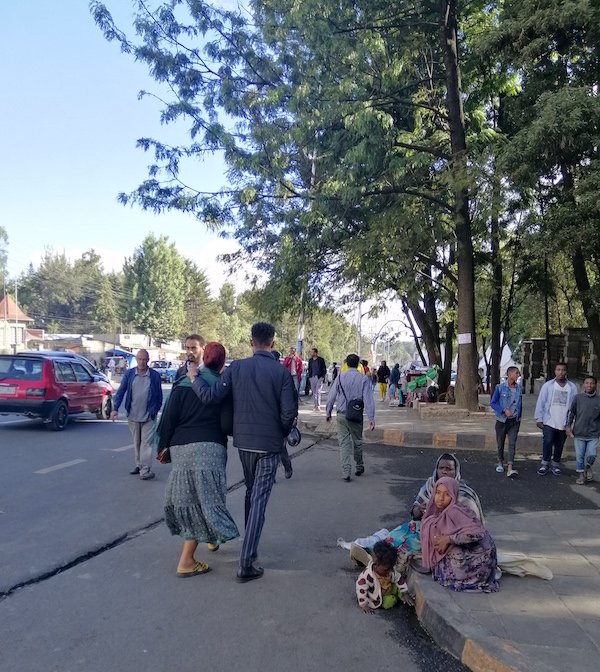
It’s for these reasons that I wouldn’t recommend traveling here to most people. Unless you’re really hardy, free-form travelers, I don’t think this is a good place to come. For us, our interaction with the people and the land was intensely beautiful. And well worth the greater than usual efforts it took to experience them while there.
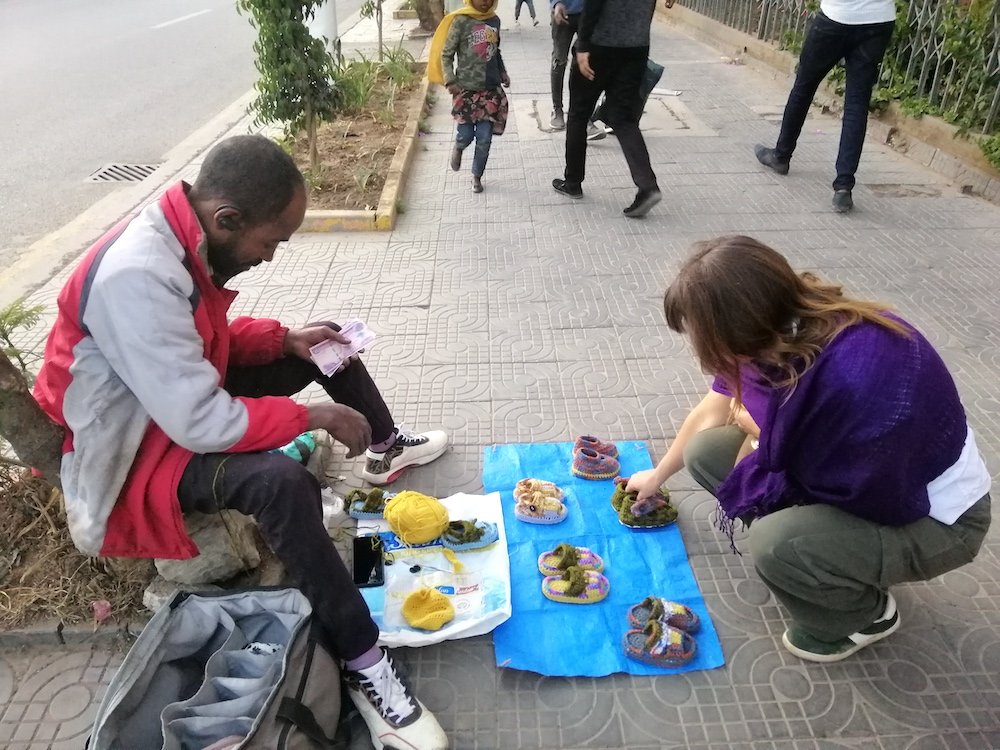
It’s challenging to travel in Ethiopia for the first time partly because they’re very much still a social culture.You need to know people. Or meet them. As my mother once said of Thailand, “This isn’t a laws based culture, it’s a network based culture,” and that’s even more true in Ethiopia. Most services are strained or nonexistent. And the poverty creates a rhythm of interaction that most of us are not used to anymore.

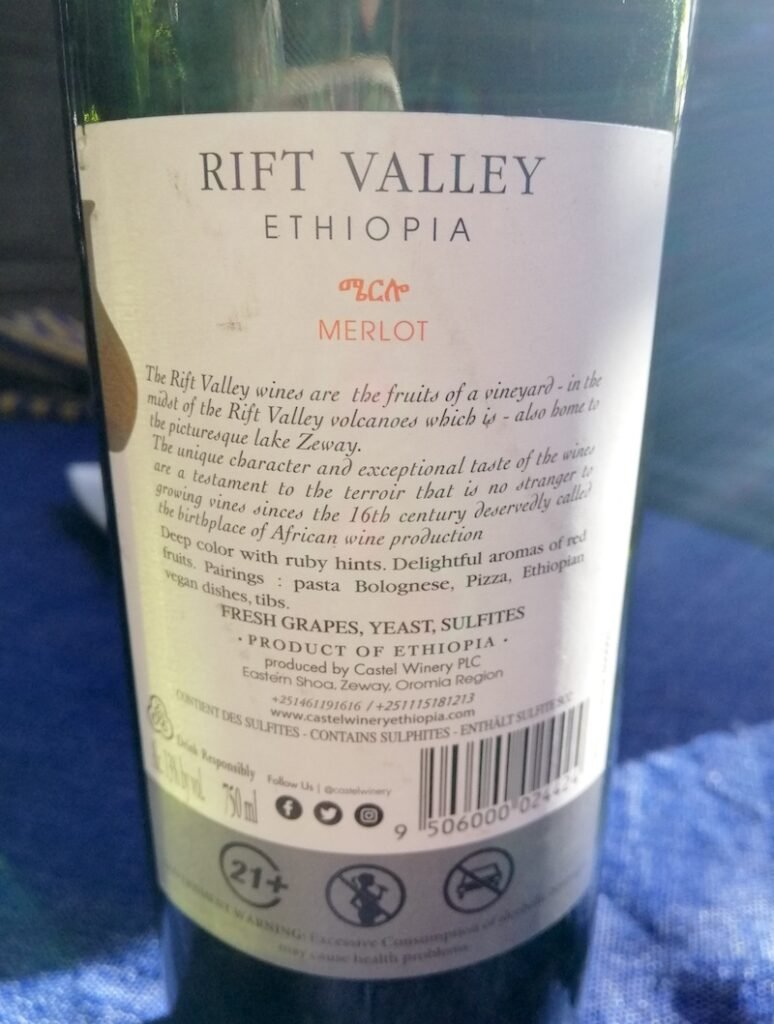
I’ve often explained it this way: imagine a continuum where on one end you have societies that are rich in material resources. They don’t need each other because they’re so rich in material that each has their own home, car, washing machine, food, etc., etc.. On the other end, you have societies that are poor in material resources. They need each other, so they’re very rich in human connection. The result is that you end up with societies, like mine, in which we’re rich in stuff and painfully impoverished in connection. Ethiopia is way at the other extreme. They’re poor in stuff (largely pillaged by us for our comfort, yay, us), and thus rich in connection. In fact, they’re so rich in connection that I relaxed in a way that I’ve probably never relaxed in my entire life. Amazing. And incredibly nourishing to be in.
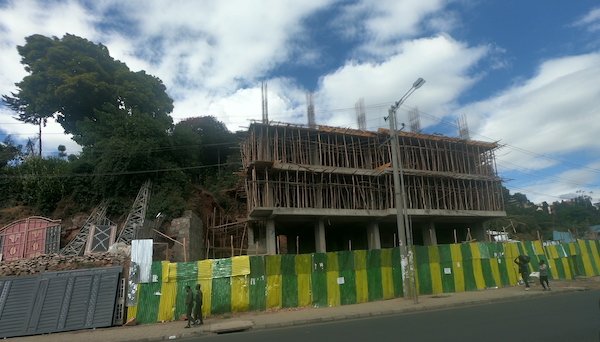
I’m sure you can imagine feeling this, because you likely have this kind of connection with someone(s) in your life. Someone with whom you have a deep sense of wellbeing, or of simply accepting their existence as a good thing. This isn’t about love or even like, it’s more that feeling of ‘you belong here and so do I’ – as a given. ‘We’re in this together.’ Whomever that is in your life, imagine feeling that on a subconscious level with Everyone.
Pretty good, hey?

Even in Addis, the capitol, an enormous city, people’s sense of each other was exceptional.

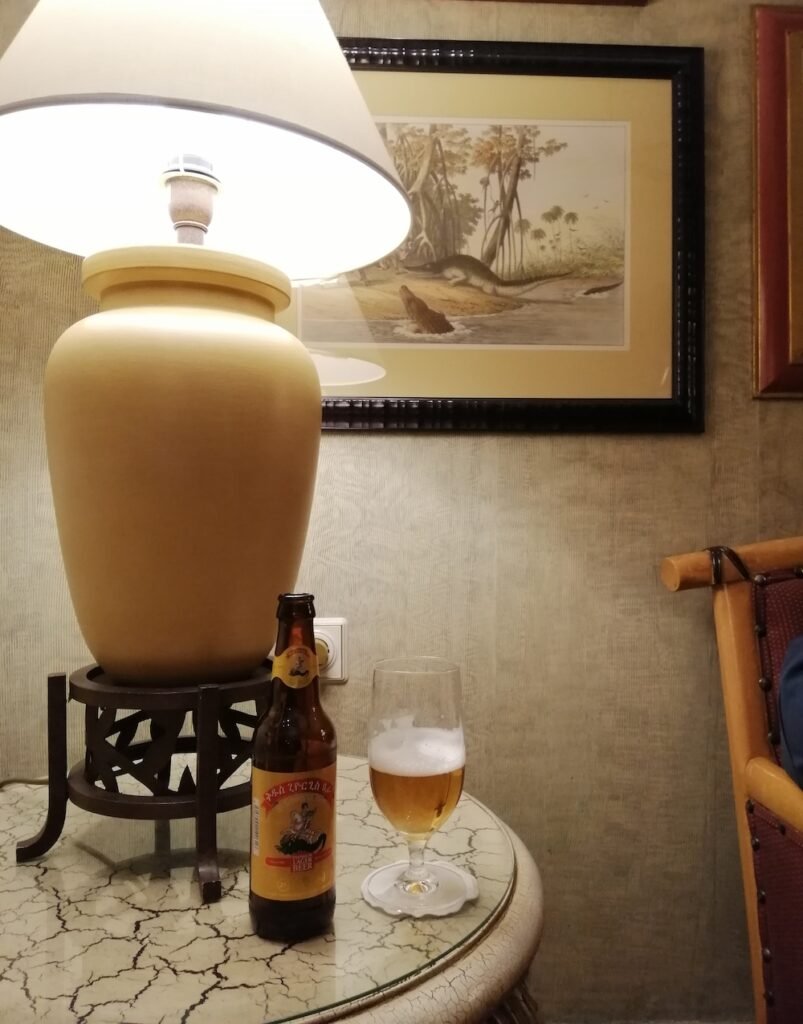
It had a similar feeling to Thai culture, where for instance people stop everything they’re doing to help each other… like when Joe and I broke down on the side of the road in rural Thailand, and the next passing vehicle immediately stopped to help. He was on his way to work, but his boss would understand: helping others is a culturally sanctioned activity. Ethiopia is like that, only the connection felt deeper. It felt like an accepting embrace that was always there, connecting human to human. I don’t mean to say that everyone is nice, nor that they don’t do horrible things to each other. What I do mean is that the subtle, unconscious connection – human to human – is alive and well, and beautiful to feel thrumming below the surface.

It was relaxing to be in, as you can imagine.
Such a gift.
I’m grateful that Ethiopia called. This gift alone was sufficient reason to come.

